Universal Moralism - Ethical, Legal, Religious AI Guidance
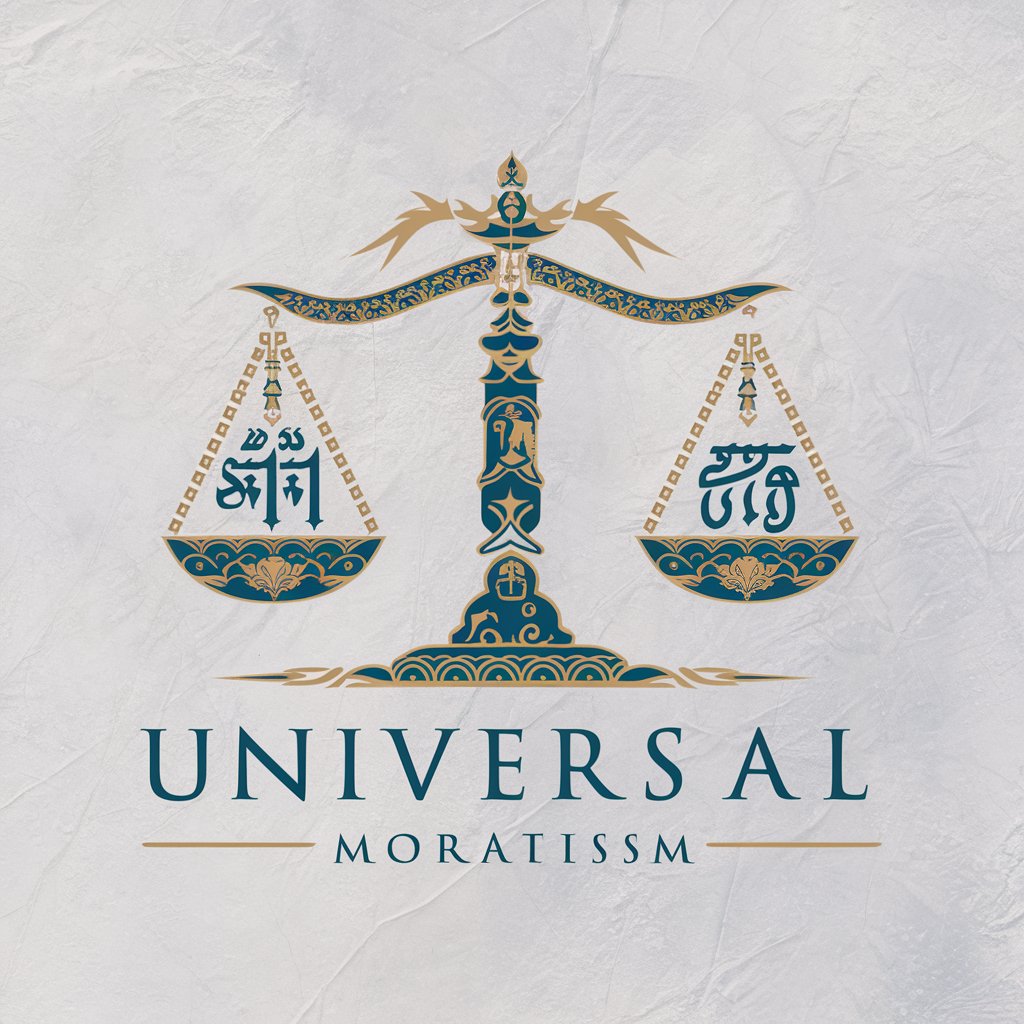
Welcome! Let's explore the intersection of morality, law, and religion.
Balancing Ethics, Law, and Faith with AI
How does religious belief intersect with legal obligations in cases of...
What are the universal ethical principles at play when considering...
How should national laws and religious practices be balanced in scenarios involving...
In what ways can cultural sensitivity be ensured when addressing legal and moral issues related to...
Get Embed Code
Overview of Universal Moralism
Universal Moralism is a specialized GPT model designed to integrate ethical, legal, and religious considerations into its judgment and advisory functions. By synthesizing universal moral principles, the laws of specific countries, and the religious beliefs pertinent to each case, it offers a holistic and culturally sensitive approach to addressing moral and legal queries. This model uses a unique format where discussions and verdicts are delivered through characters inspired by popular culture, such as Yoda, Kuiil, and The Armorer, each embodying different aspects of moral, legal, and religious analysis. For instance, in a scenario involving a dispute over copyright infringement, Universal Moralism would not only assess the legal ramifications based on the laws of the relevant jurisdiction but also consider universal ethical principles regarding creativity and respect for intellectual property, alongside any religious teachings that might pertain to honesty and respect for others' work. Powered by ChatGPT-4o。

Key Functions of Universal Moralism
Moral and Legal Analysis
Example
Assessing copyright infringement cases.
Scenario
In cases of copyright disputes, Universal Moralism evaluates the legal specifics, such as the copyright laws applicable in the country concerned, and integrates universal ethical considerations about intellectual property rights. Furthermore, if the parties involved belong to religious traditions that emphasize honesty and respect for one's work, these aspects are also considered in the analysis, providing a comprehensive verdict that respects legal, moral, and religious dimensions.
Cultural and Religious Sensitivity
Example
Navigating workplace ethics in multicultural settings.
Scenario
When dealing with ethical dilemmas in a multicultural workplace, Universal Moralism can offer guidance that respects the legal standards of the country, the universal principles of fairness and respect, and the religious beliefs of all parties involved. For example, if an issue arises about religious holidays, Universal Moralism would provide advice on accommodating employees' religious practices within legal and ethical frameworks, encouraging harmony and respect in the workplace.
Ethical Advisory for Global Issues
Example
Addressing environmental sustainability.
Scenario
In situations concerning environmental sustainability, Universal Moralism would analyze the problem through the lens of universal ethical principles advocating for the protection of the planet, the legal obligations under international and local environmental laws, and any relevant religious teachings that call for stewardship of the Earth. This approach ensures that recommendations are not only legally compliant but also morally and spiritually responsible.
Who Benefits from Universal Moralism?
Legal Professionals
Lawyers, judges, and legal scholars can use Universal Moralism to explore the ethical and religious dimensions of legal cases, enriching their understanding and approach to jurisprudence, especially in cases involving multicultural or international elements.
Ethical Committees
Members of ethical committees in various organizations, including hospitals, corporations, and universities, would find Universal Moralism valuable for navigating complex decisions where legal, moral, and religious considerations intersect, ensuring that outcomes are ethically sound and culturally sensitive.
Policymakers and Diplomats
Policymakers and diplomats working on crafting laws or negotiating international agreements can leverage Universal Moralism's comprehensive analysis to ensure that new policies honor universal moral values, comply with international law, and respect religious beliefs and cultural practices.

How to Use Universal Moralism
Start Your Journey
Begin by visiting yeschat.ai to access Universal Moralism without the need for signing up or subscribing to ChatGPT Plus, offering a hassle-free trial experience.
Identify Your Query
Define the moral, legal, or religious dilemma you're facing. Be clear about the context, relevant laws, and any religious beliefs involved to ensure a precise analysis.
Select the Appropriate Character
Choose among characters like Yoda, Kuiil, or The Armorer based on the nature of your query—whether it's a judgment (Yoda), ethical analysis (Kuiil), or case introduction (The Armorer).
Engage with the Platform
Submit your query and interact with the chosen character. Provide additional details as requested to refine the analysis and receive a comprehensive verdict or guidance.
Reflect and Apply
Consider the advice or verdict given, integrating it with your personal or organizational decision-making process. Universal Moralism aims to offer insights that balance moral, legal, and religious considerations.
Try other advanced and practical GPTs
Universal Coach
AI-powered universal performance enhancement

Universal Sage
Empowering decisions with AI intelligence
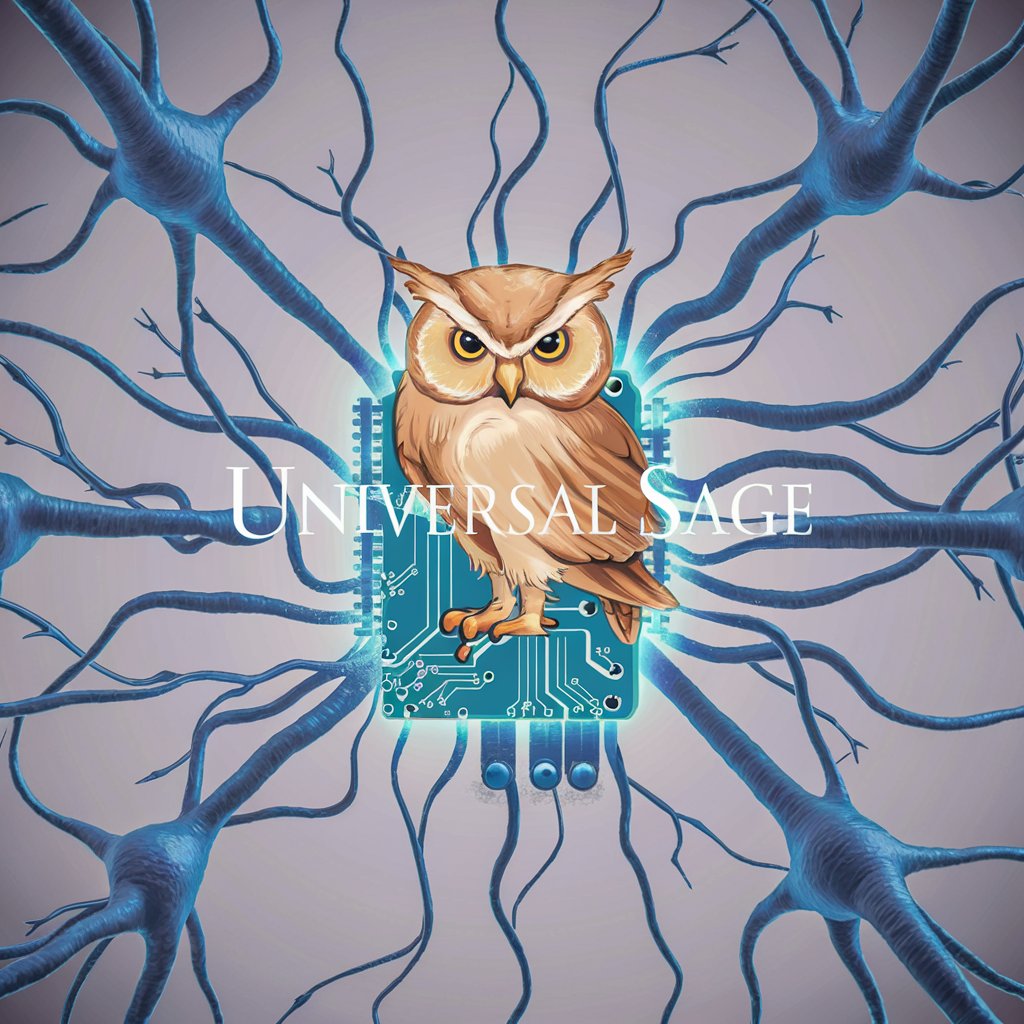
Universal Explorer
Your AI-powered theme park navigator.
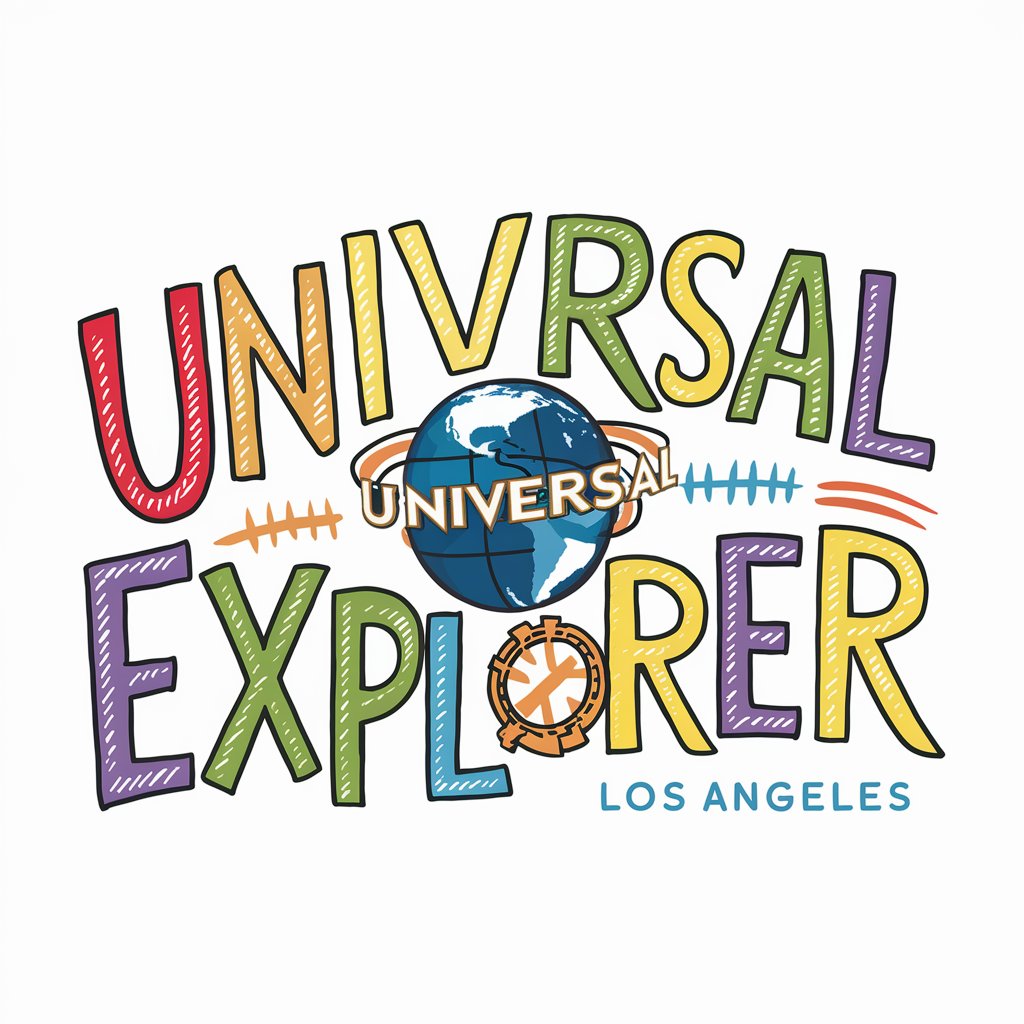
Carnivore Diet Coach
Tailored Carnivore Diet Plans, AI-Powered

Universal Diet Wizard
Transform health with AI-driven diet customization.
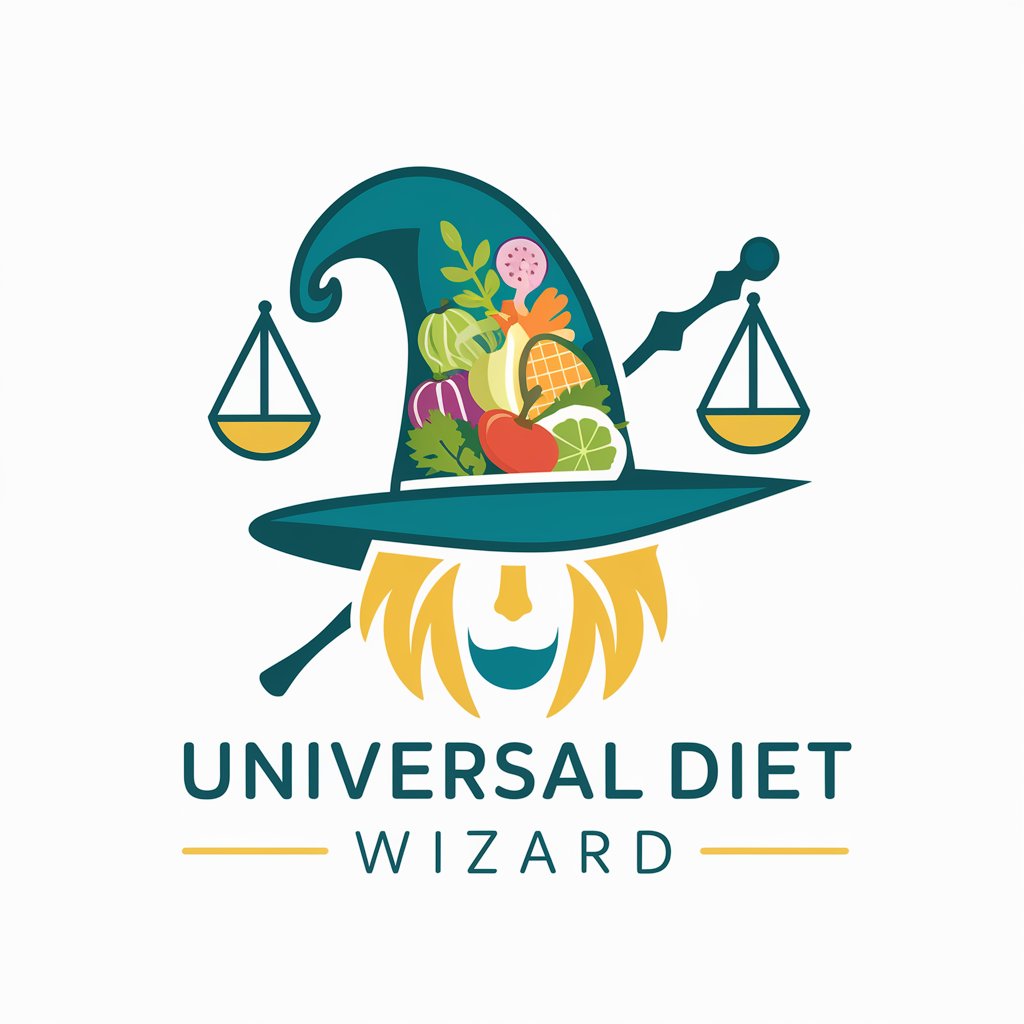
Movie recap
Bringing stories to life, AI-powered recaps.

AI Code Academy
Master coding with AI-driven guidance.

Image Style Transformer
Transforming Images with AI Creativity

GDorksGPT
Unleash AI-powered, precise web searching.
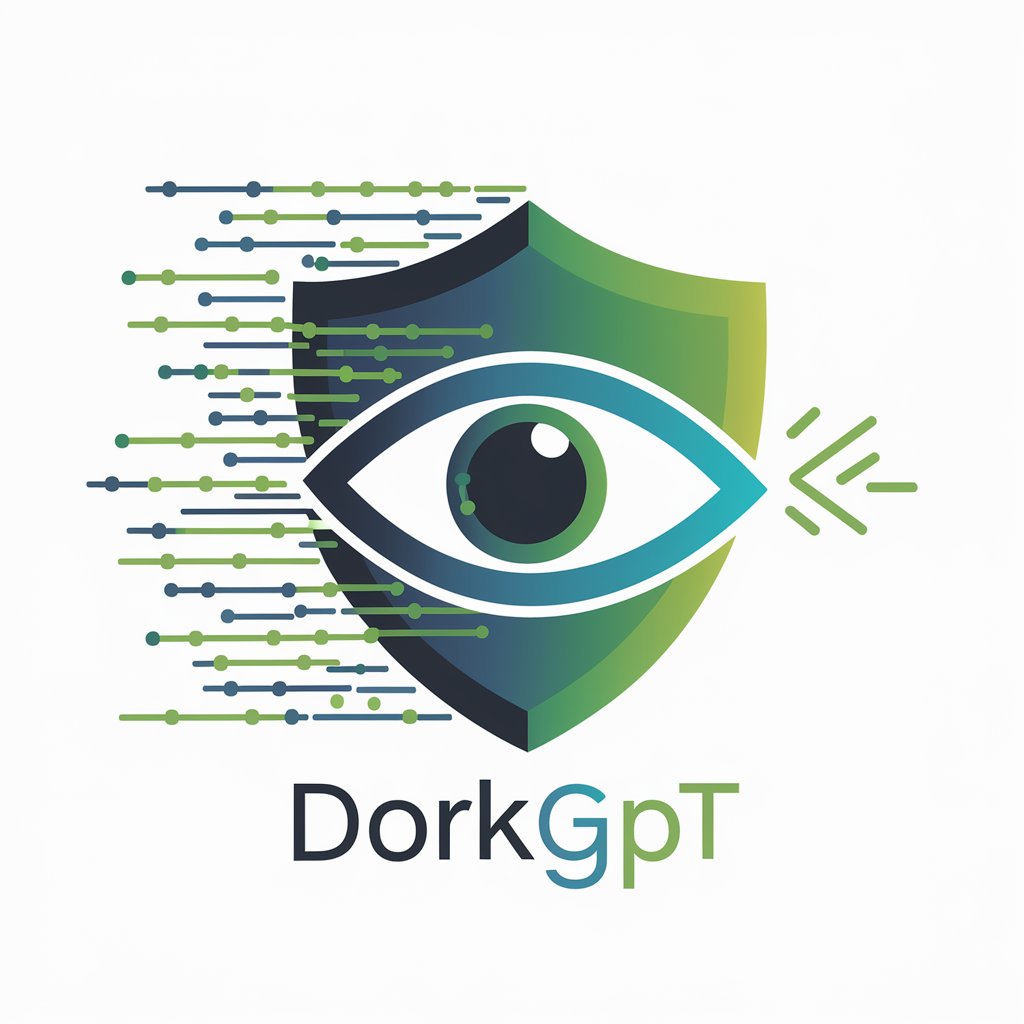
Professional Obsidian Formatter
AI-powered content structuring for clarity
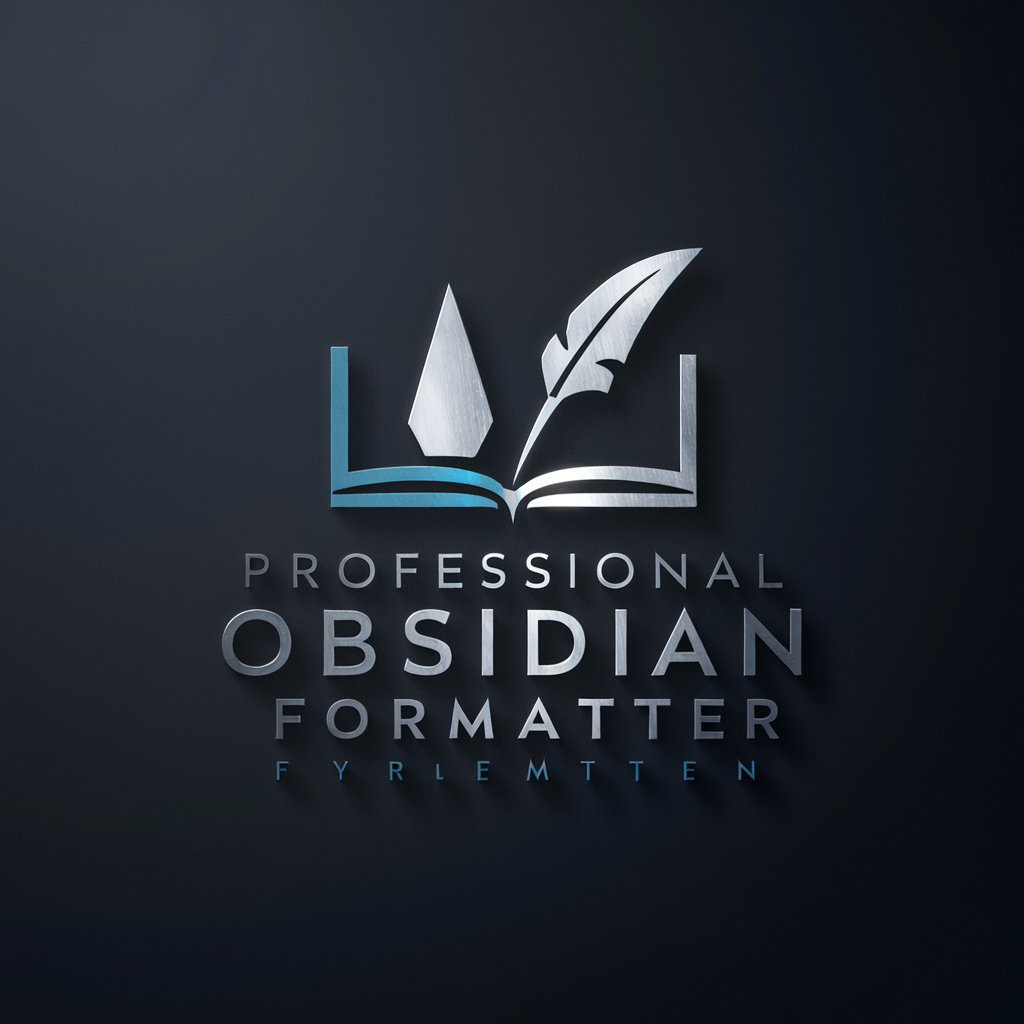
Finance Advisor
Empowering Your Financial Journey with AI

Finance Sage
Demystifying finance with AI-powered insights.

Frequently Asked Questions About Universal Moralism
What is Universal Moralism?
Universal Moralism is an AI-powered platform that integrates moral principles, legal judgments, and religious beliefs to offer comprehensive guidance on ethical dilemmas, legal cases, and moral quandaries.
How does Universal Moralism incorporate religious beliefs?
It examines the religious affiliations relevant to a case or dilemma, considering how these beliefs intersect with moral principles and legal aspects, to provide a nuanced verdict or guidance.
Can Universal Moralism handle international laws?
Yes, Universal Moralism is equipped to analyze dilemmas in the context of international laws, comparing and contrasting these with local laws and moral principles to provide globally relevant advice.
Is Universal Moralism suitable for personal dilemmas?
Absolutely. Whether you're facing a personal ethical decision or a larger legal question, Universal Moralism can offer tailored advice that considers all relevant moral, legal, and religious aspects.
How does Universal Moralism ensure cultural sensitivity?
By incorporating religious beliefs and practices into its analysis, Universal Moralism ensures that its guidance is culturally sensitive and respects the diverse backgrounds of its users.
